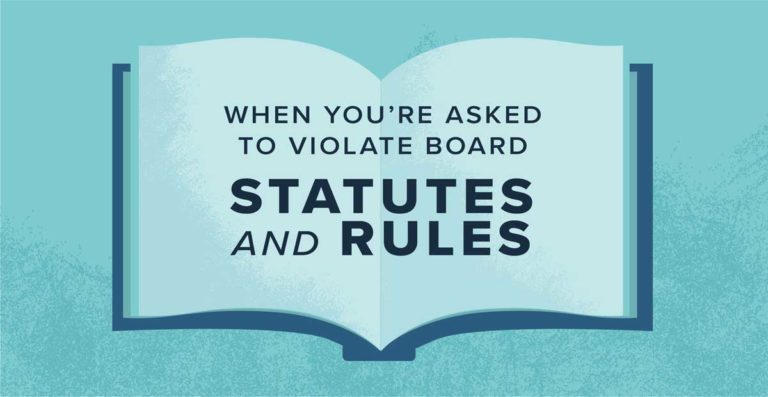Nurses can find themselves in all kinds or risky or potentially dangerous situations. They are at the service of the patient and the doctor or another medical supervisor. But what if the patient or their supervisor asks them to do something that would violate Board Statutes and Rules, such as falsifying medical records, performing a procedure that could harm the patient, or even assisting in criminal activity? A nurse might be forced to do something that could get them in trouble with their employer or the state board of nursing. But a nurse can invoke what’s known as nursing safe harbor that absolves them of any liability when forced to engage in an activity that could put their career at risk.
Legal expert Martin Chitwood weighs in about nursing safe harbor and how nurses can use it to protect themselves in risky situations.
What Is Nursing Safe Harbor?
Nursing safe harbor is a law that nurses can use to absolve themselves of liability when forced to commit an act that the nurse believes violates Texas Board Statutes and Rules. Every nurse should be aware of the statutes and rules governing their profession. If a patient, supervisor or doctor asks the nurse to violate one of these rules, the nurse can invoke safe harbor before committing the act to ensure that they aren’t held legally responsible for what happens next.
A nurse may not feel as if they have the option of saying no or refusing to engage in these kinds of situations, so invoking safe harbor may be their only choice. This protects them from facing punitive measures from their employer, losing their nursing license or being sued in court for putting a patient’s life in danger. Nurses don’t always have a lot of authority on the floor, so they need to learn how to protect themselves if someone asks them to do something that goes against their ethics or the law.
Invoking Safe Harbor
A nurse must invoke safe harbor before engaging the act in question. A nurse is free to invoke safe harbor at any time during their shift, including if an assignment changes along the way. To invoke safe harbor, the nurse must notify the supervisor in writing that they are invoking safe harbor. They can use a Quick Request Form from the Board of Nursing’s website or any document as long as it contains the following information:
- The name of the nurses(s) making the safe harbor request and their signature(s)
- Time and date of when the request was made
- The location of where the conduct or assignment is to be completed
- The name of the person requesting the conduct or making the assignment
- A brief explanation of why the nurse is invoking safe harbor
Nurses may not have the time or resources to properly fill out the correct form when asked to engage in an assignment that may violate Board Statutes and Rules. In this case, all they need to do is write down the information listed above and hand it to a superior, letting them know that safe harbor is being requested.
When to Invoke Safe Harbor
A nurse may invoke safe harbor to err on the side of caution whenever they feel that their actions as requested by a patient or supervisor may violate Board Statures and Rules. This encompasses a wide range of potentially dangerous situations and criminal activity, including tampering with medical records, putting the patient, the nurse or another person’s life in danger, or committing a crime of some sort. To help nurses better understand when to invoke safe harbor, the Board of Nursing lists the following types of situations in which safe harbor may be applied:
- An assignment or conduct that constitutes a criminal act
- An assignment that results in or requires unprofessional conduct
- A situation in which the nurse lacks the basic knowledge, skills, and abilities necessary to deliver nursing care that is safe and that meets the minimum standards of care to such an extent that accepting the assignment would expose one or more patients to an unjustifiable risk of harm
Nurses should be aware of their rights on the floor, including their ability to refuse a request or invoke safe harbor when they feel that such a request would put their job on the line. Nurses are not always in control of the care they provide, so it’s important that everyone understands the terms of safe harbor and when it may be invoked.
